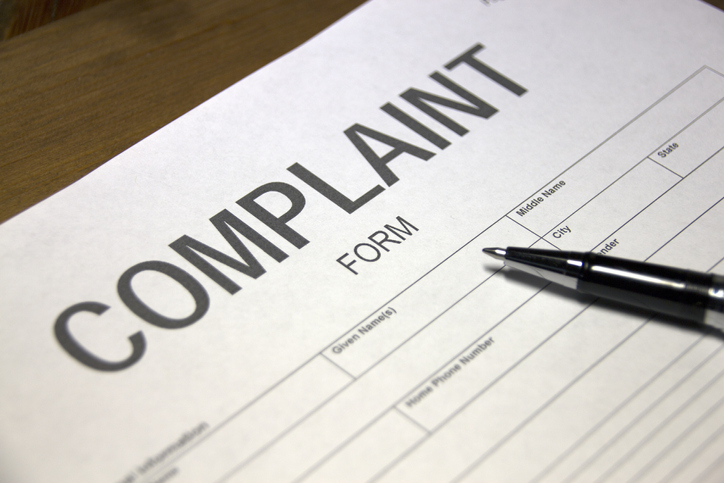
A special aspect of OPRA lawsuits is that they are classified by the Court as “summary actions.” This means that the Court Rules require that an OPRA case be handled on an accelerated basis. This also means that OPRA lawsuits must meet certain requirements or risk being delayed or even dismissed. In addition, certain types of claims or issues should not be included in OPRA lawsuits.
An OPRA Complaint Must Be Verified: OPRA complaints must be verified, almost always by the person who made the OPRA request. If an OPRA complaint is not verified, the Court lacks jurisdiction and the complaint is subject to dismissal.
OPRA Cases Must Be Initiated by Filing, in Addition to the Verified Complaint, an Order to Show Cause: In addition to the verified complaint, a new OPRA case must also include a proposed order to show cause. The order to show cause is not a request for emergent relief; rather, as long as the plaintiff has shown that they have a prima facie case, the Court will enter the order to show cause, which sets an accelerated briefing and argument schedule. If a verified complaint is filed without an accompanying order to show cause, the complaint is subject to dismissal. A proposed form of final order must also be included.
Additional Supporting Documents: While the minimum documents that must be filed are a verified complaint, proposed order to show cause and a proposed order, most initial filings will also include a legal brief or memorandum of law that sets forth the plaintiff’s legal arguments and a certification that attaches exhibits. The brief or memorandum of law should address why the documents at issue are public records and may anticipate some of the arguments that the defendants will make.
Identify Interested Parties: Sometimes a third party may have an interest in the non-disclosure of records, such as a private company that claims a proprietary interest in information it submitted to a public agency. By naming an interested party as a defendant in the complaint, this helps streamline the case and decrease the likelihood of delays.
Non-OPRA Claims Must Be Excluded: Claims that are not directly related to access to records should not be included in an OPRA case. In general, an OPRA lawsuit will have one count under OPRA and one count under the common law right of access. Courts have repeatedly warned plaintiffs against adding other claims, such as civil rights claims, to an OPRA case. Because OPRA cases must proceed on an accelerated schedule and must be assigned to a designated OPRA judge, non-OPRA claims cannot be addressed. To the extent that a person has other claims against a public entity, those claims must be addressed in a separate lawsuit.
No Jury Trials: There are no jury trials in OPRA cases.
No Damages Claims: OPRA authorizes three types of relief: (1) access to documents or information; (2) prevailing party counsel fees in favor of prevailing requestors; and (3) civil penalties against records custodian. No other relief is explicitly authorized. In extraordinary circumstances, courts have granted relief that is directly related to records access, such as ordering a public agency to create a records access policy where they had none or had an inadequate policy, or ordering a public agency to appoint a records custodian where they have not done so. Generally, no other claims are considered.
